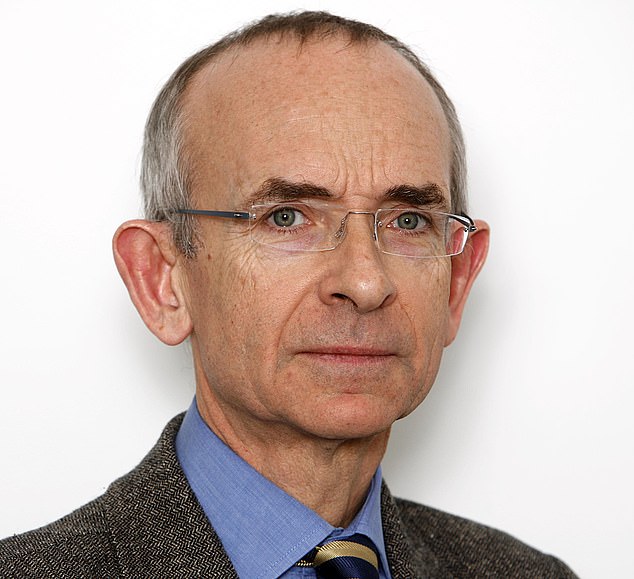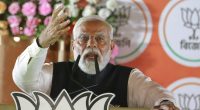When I first started work as a GP, one of the most difficult daily tasks was signing sick notes.
I had no training for it, and the problem was not just applying my signature to the form and stating the diagnosis, but making a judgment about how much time off the patient needed before they would be fit for work.
This wasn’t so much of an issue when a patient had suffered a clear and obvious problem, such as pneumonia or following a heart attack, where there is a pretty standard recovery period of some weeks or months.


Sometimes, you’d sense there were other unspoken issues, including, it must be said, an inclination to draw benefits, writes Dr Martin Scurr
The difficulty was when the patient wasn’t raring to go, not desperate to get back to work – or, it must be said, seemed inclined to keep drawing benefits (more on that below).
These patients would be in a state that wouldn’t hold most other people back and, as often as not, you’d sense there were other, unspoken issues.
All of this was even more difficult when the problem was poor mental health.
As doctors we have no diagnostic tests, let alone criteria for assessing the degree of incapacity or suffering of the patient – or how long that might endure.
The only guide is what the patient says they are feeling. And then add the fact that as a GP you’re on the side of the patient, you’re their advocate, concerned about them and hoping, indeed fighting, to help them regain good health and function.
So it’s difficult to challenge what they say they feel, to say no – even when you know they really could manage to go back to work.
For this reason I do understand how we might have ended up, as we are now, with the staggering rise in the number of people out of work due to long-term sickness, with a record high of 2.8 million people, as doctors like me might have just signed on the dotted line.
Some outside the profession might say this is a tick-box culture – it’s anything but, it’s about doctors putting the patient first, and that means you have to trust them rather than stand in judgment.
So the proposed changes to sick notes outlined by the Government last week, where doctors would no longer be tasked with providing them, is welcome.
This will now be a task for specialist work and health professionals who won’t have to face the disagreeable challenge of sitting in judgment over whether those with anxiety or mood disorder – and no formal diagnosis – are capable of working, with no emotion involved.
But to return to the other issue, known to the professionals as ‘plumbus oscillans’, swinging the lead.
A few years ago, I was on a chairlift during a brief skiing holiday and I found myself sitting next to a man younger than myself, possibly in his mid-50s, with one wrist in plaster.
I commented that I thought it was rather heroic to be heading up the mountain with a fractured wrist, even if it was getting better, and he responded by telling me that six weeks earlier he’d undergone a hip replacement.
I was astonished that he was contemplating skiing.
But he said he was fine, and that he wanted to make the best of his time off as he had a sickness certificate for two months and was determined to enjoy the break (forgive the pun).
Could he not have been back in his workplace?
I would have thought so. But by remonstrating with him I would have been seen as a spoilsport – and this underpins, again, the fact that patients need to see us doctors as being on their side and not their disciplinarian.
My relationships with my patients are treasured – and often hard won. I have no wish to threaten the warmth and trust in me as their doctor and counsellor that would come from having to stand guard over public finances.
It is hard enough to have to ration our medical investigations and prescription costs without having to think of the country’s welfare bill.
I prefer to leave the policing of that to other experts.
Source: Mail Online









